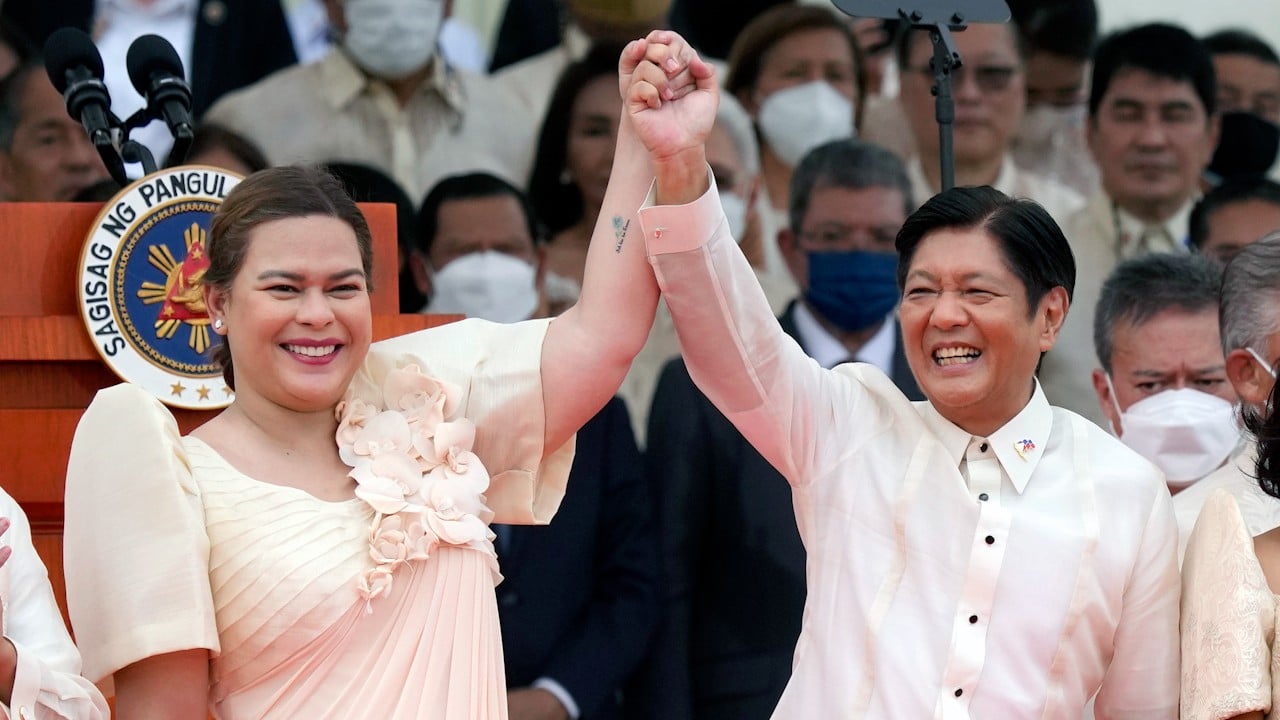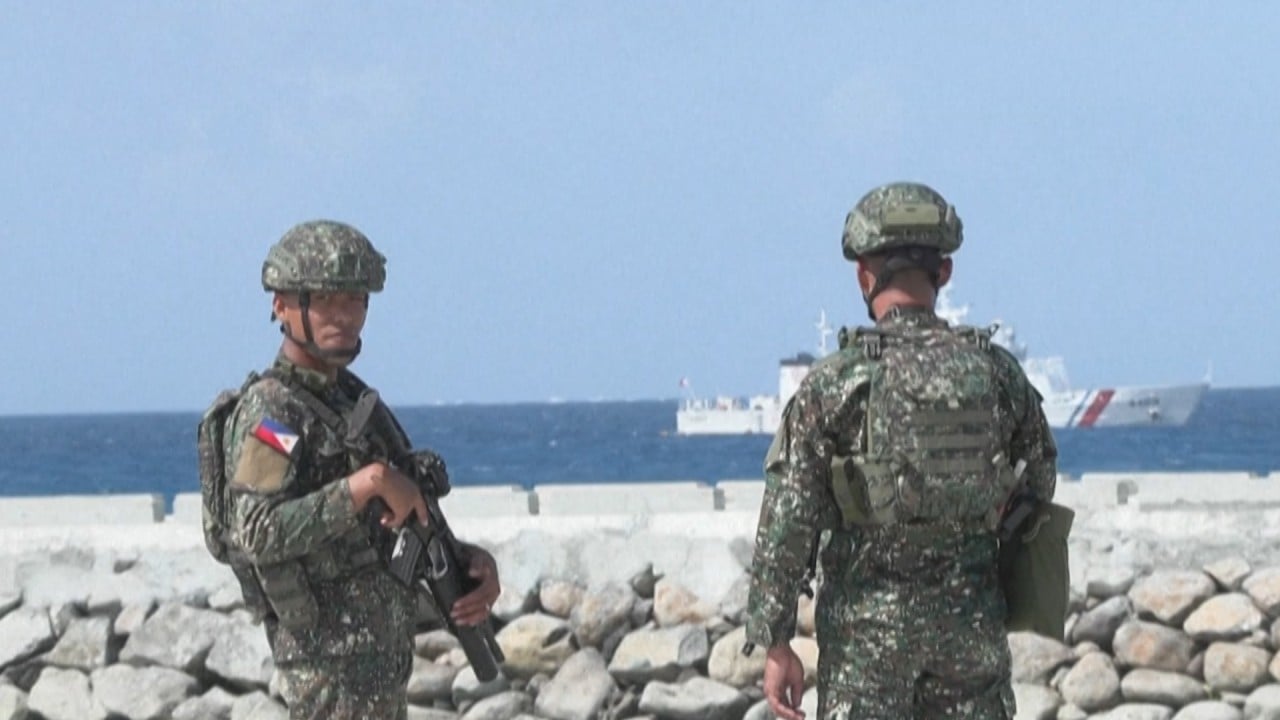
South China Sea: Duterte-Xi pact investigation fuels political payback allegations
- Philippine lawmakers have vowed to investigate ex-president Rodrigo Duterte over a ‘gentleman’s agreement’ he allegedly made with China’s Xi Jinping
- Observers speculate the looming probe is politically motivated by President Ferdinand Marcos Jnr’s ongoing feud with his predecessor
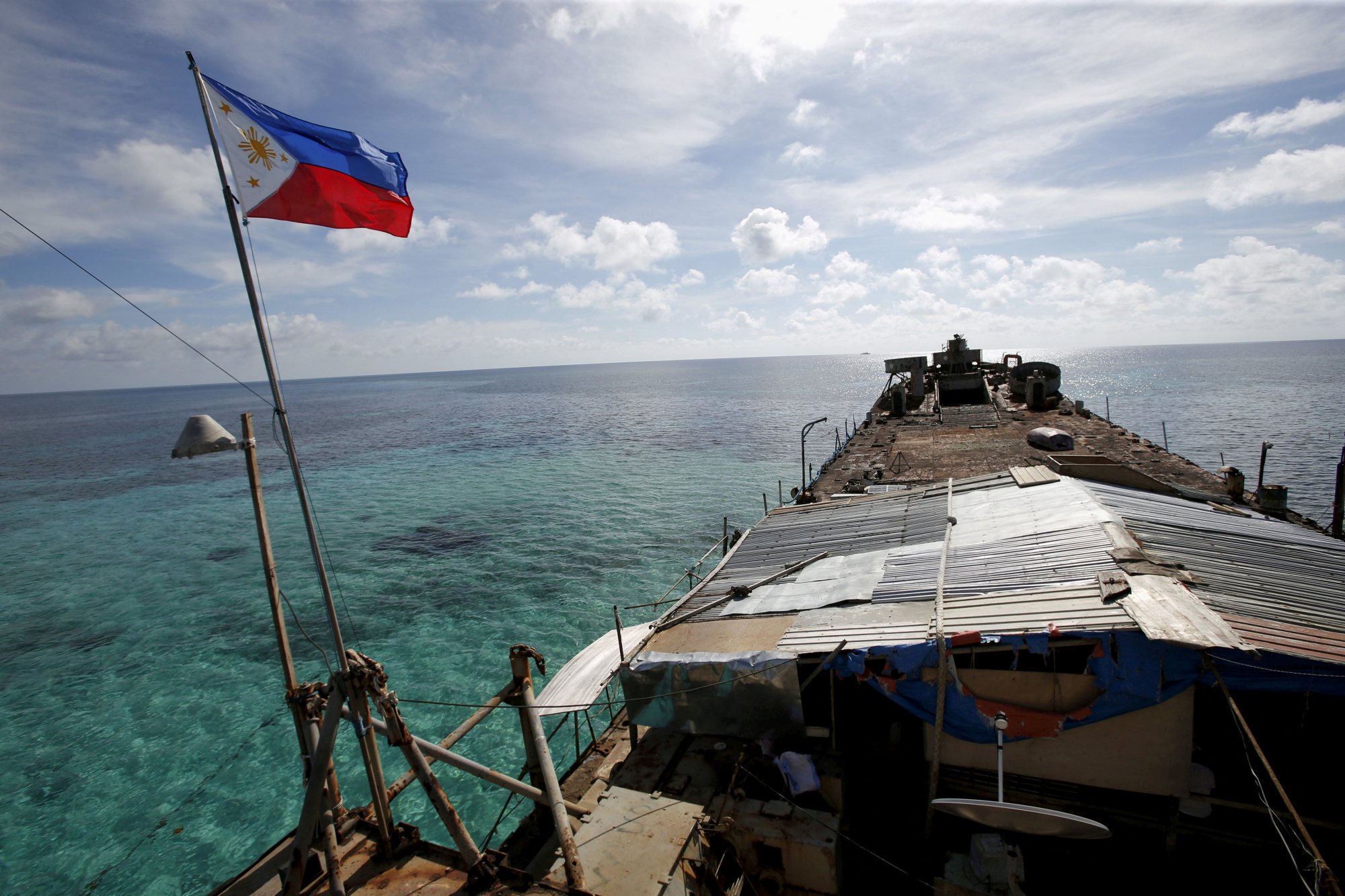
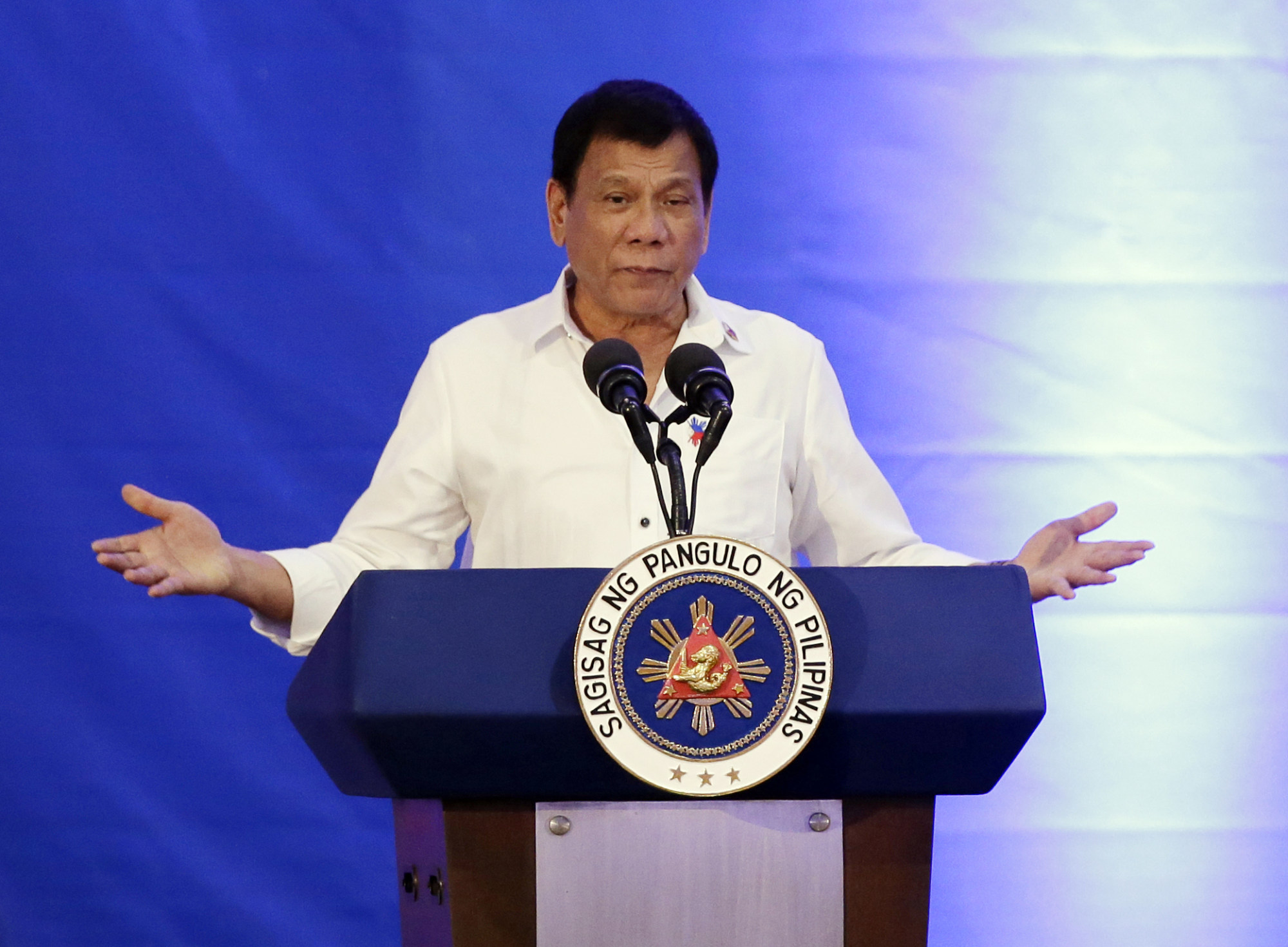
Political analyst and former presidential political adviser Ronald Llamas said the fact that the House of Representatives, which Duterte lorded over when he was president, was starting an investigation against him meant the move was political payback engineered by Marcos Jnr.
Llamas, who chairs political risk firm Galahad Consulting Agency, told This Week in Asia “for now, [Duterte] is the main threat to Marcos, especially after all of his attacks”.
Those attacks included threats of “insurrection, uprising, mutiny, even hints of assassination”, he said.
Llamas pointed out that during a rally in January in the Duterte stronghold of Davao City, the ex-president’s son, Sebastian “Baste” Duterte, had called on Marcos Jnr to resign and ominously referenced the Romanovs and Mussolini – figures notorious for being killed by their political rivals.
He also noted that the congressional investigation could be used to dent Duterte’s popularity – especially ahead of the midterm elections scheduled for May of next year.
“In the past, foreign policy was never politically sexy, never an election issue, it was never emotional – until now. Partly because of social media, partly because of the aggression of China, it’s emotional, it could be an election issue,” he said.
According to Llamas, “if foreign policy becomes an election issue, it can be weaponised against the Dutertes” and also used against pro-Duterte candidates such as senators Bato dela Rosa, Bong Go and Francis Tolentino, who are up for re-election next year.
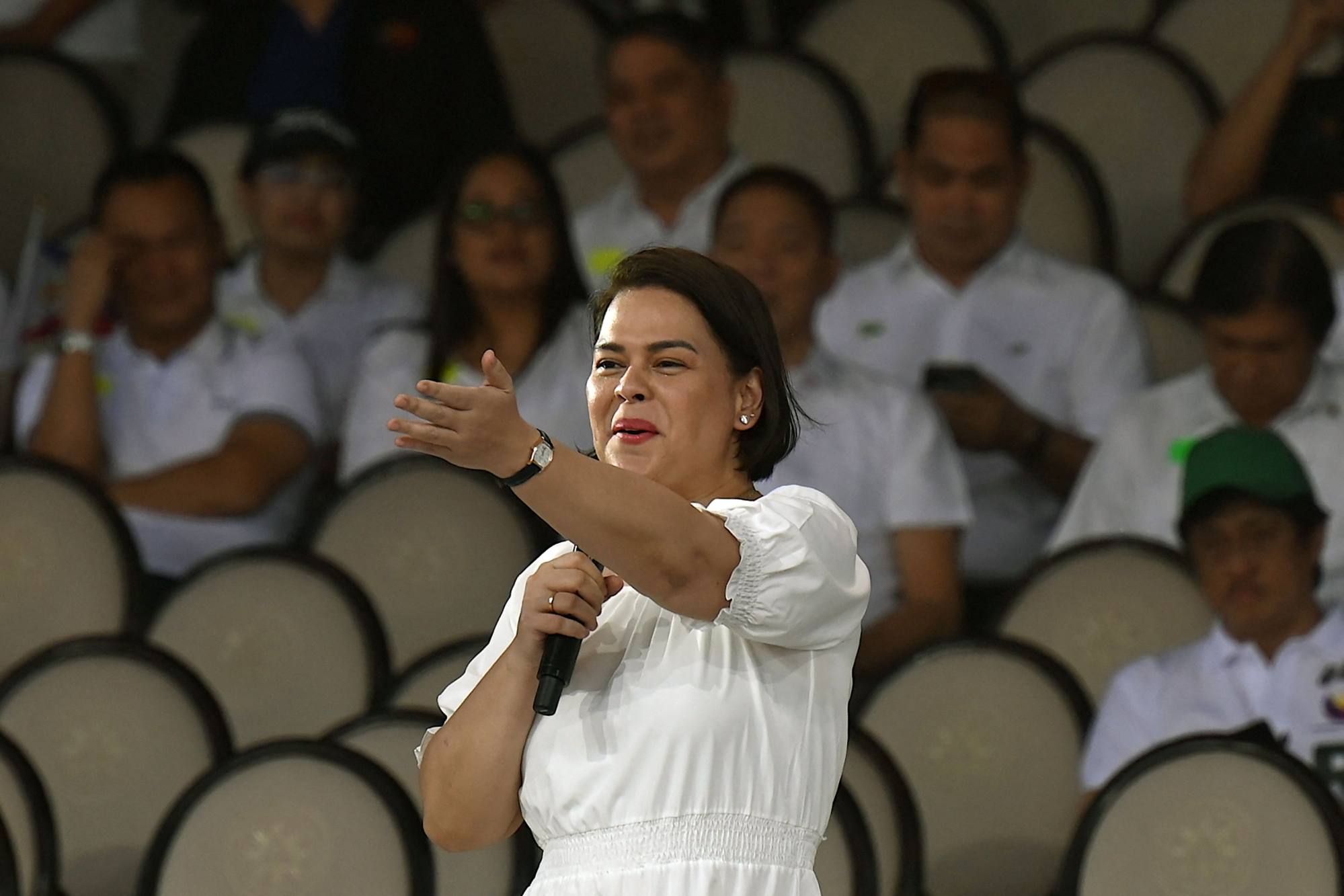
The analyst also argued that the popularity enjoyed by Vice-President Sara Duterte was “only reflected glory” from her father. “So could this dent her popularity also? I think so.
“Even her father, who is like Teflon, is seeing his approval ratings start to go down from a high of 93 per cent to 47 per cent.”
Roque, who remains a staunch Duterte supporter, told This Week in Asia the investigation was clearly a political attack on the former president.
“Obviously, they want to embarrass, to pillory him because he has said a mouthful against Congress.”
Duterte-Xi allegedly made ‘gentleman’s agreement’ for status quo in disputed sea
Roque also implied that Duterte might have used the agreement to do things without China’s knowledge. “The reality is, if no improvements were made to the Sierra Madre, it would have sunk already [during Duterte’s six years in office].”
“I wish Congress would be more circumspect about it because I don’t think you want China to know exactly what President Duterte did in spite of the status quo agreement,” he added.
As for the possibility that Duterte could claim executive privilege and refuse to talk to investigators, Roque said: “I do not know if he will invoke it because it’s up to him – but we all know that communication is a matter long traditionally exempted from freedom of information because leaders must be allowed to make correct decisions even if they are unpopular decisions.”
But according to former presidential adviser Llamas, the agreement was a constitutional grey area as far as “executive privilege” was concerned since it would have involved him making a secret deal to put the interests of another country ahead of his own.
“It could be treasonous, so we have to discuss that in Congress and Senate. If it’s going to be a treaty, it has to go through Congress, so what kind of animal is it that they came up with?”


